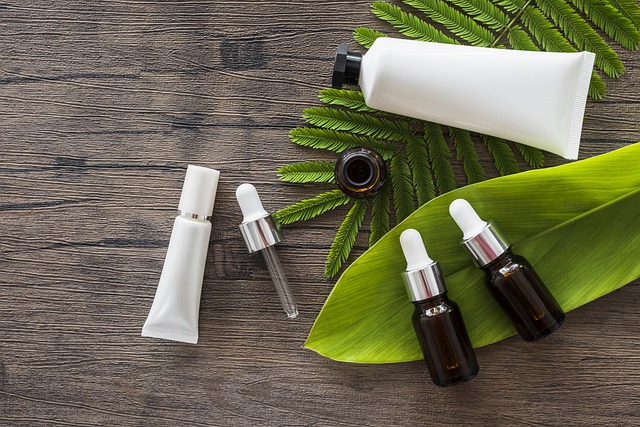
Whether you’re on a plant-based or meat-based diet, you’ve surely heard that more and more brands are betting on vegan cosmetics. Until now, it was common to add animal-derived ingredients to cosmetics, not always sourced under ethical conditions.
Currently, many companies are opting for high quality plant-based products that are produced without subjecting animals to suffering. A big part in this huge change is consumers who want to buy good quality products that are not tested on animals
More and more often we see on labels that products are “Vegan”, “Vegan-Friendly” or “100% Vegan”. Cosmetics that do not contain animal ingredients or animal by-products are labeled this way . This includes honey and beeswax. Unfortunately, the fact that a manufacturer presents their product as vegan does not always mean that it has not been tested on animals. Even on eco or vege products, we have to look for labels – the famous bunny, which clearly informs us that the product has not been tested on animals
Zoonotic ingredients commonly used in cosmetic products are: carmine, lanolin, keratin, collagen, elastin, animal glycerin, stearic acid, tallow, silk, dairy products, snail mucus and others. The list is long, so the designation that a product is vegan is a big help for people who do not want to use cosmetics with zoonotic ingredients
Why are vegan cosmetics becoming more and more popular and why are more and more people choosing such products for their daily care? First of all, a large part of vegan products are natural cosmetics with a very simple composition. Most of them are based on vegetable oils and extracts, which, thanks to their gentle properties, do not irritate the skin and do not cause allergies. Natural cosmetics do not contain harmful preservatives, dyes or artificial fragrances. They are especially recommended for people with sensitive, acne-prone and eczema-prone skin who need delicate action
When buying vegan cosmetics, you should pay attention to whether they have international certificates confirming their quality, ethical production route and that they were not tested on animals. This is especially important because some companies, trying to take advantage of the vegan cosmetics trend, put such information on their labels – not always truthfully. To be certified and be able to proudly display the emblem of belonging to a vegan cosmetic company, a brand must meet strict guidelines. Among the most popular certifications is the “Vegan Society,” whose committee checks that
Other well-known certifications are the “Leaping Bunny” and the “V-label.”
Vegan cosmetics are mostly made from plant-based products, which does not mean that they are less effective – quite the contrary. Natural oils and plant extracts can be a great base for high-quality cosmetics. A valuable product, whose presence in the composition of the cosmetic can confidently recommend it, is shea butter. Its main properties include very good hydration of the skin and its protection against external factors. Recent years have shown that cosmetics with animal ingredients are being displaced by those containing vegetable oils and fruit extracts. Their use is very versatile, as they work well as skin, hair, nail or bath products